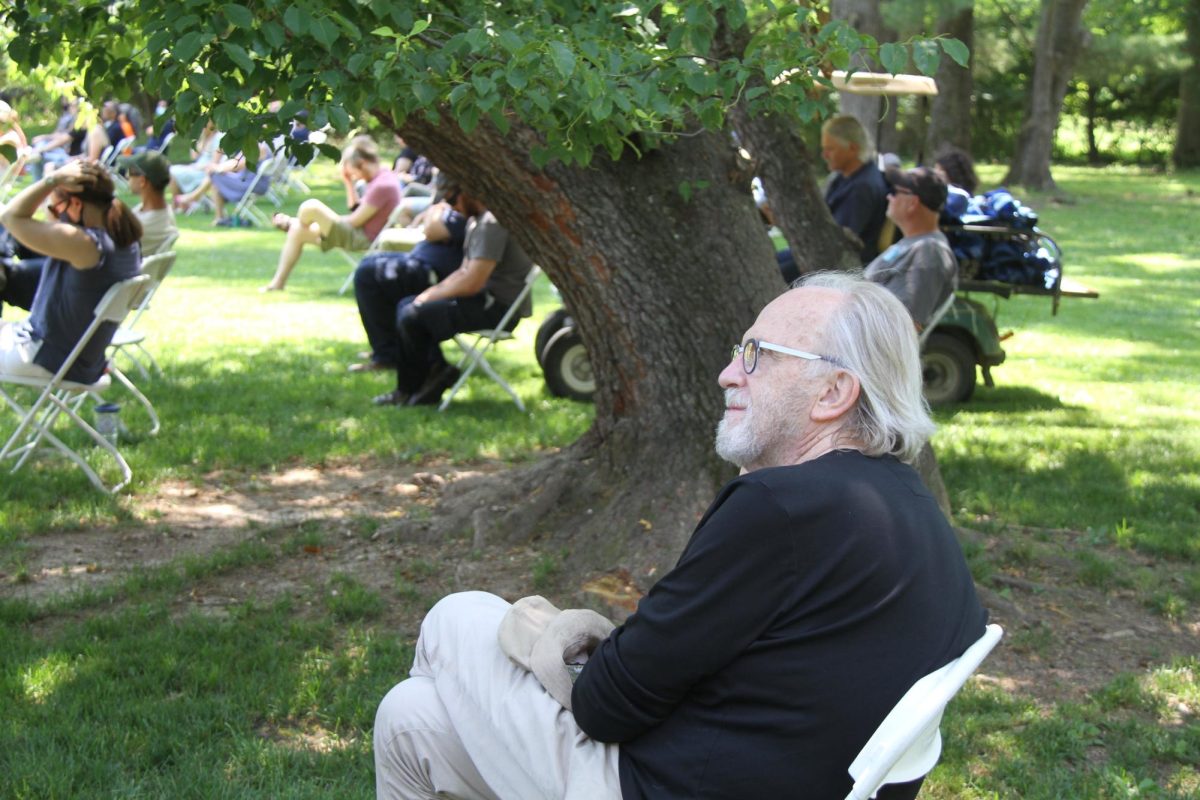Has Christmas Become a Secular Holiday?
December 15, 2020
Today, Christmas is undoubtedly one of the most significant holidays to people throughout the world. Listening to Christmas songs, setting up Christmas decorations, exchanging Secret Santa gifts… These have all become traditions that many of us look forward to every winter. It appears clear that Christmas is not only celebrated by Christians, but the warm and joyous atmosphere is enjoyed by people with other religious affiliations as well.
While virtually nine in ten Americans celebrate Christmas, fewer and fewer people view Christmas as solely a religious event. In fact, PDS usually sets up Christmas decorations and kicks off every year’s winter break with Christmas songs at the end of the winter assembly! Even though many students are not Christians, they are all welcomed into a Christmas celebration, and the act of embracing many Christmas elements into our school daily life is a representation of the openness and inclusiveness that this holiday possesses.
In addition, we find many of the activities for Christmas fairly common in daily life as well. Nowadays, when thinking of Christmas, many people take into account the familial and material aspects of it. Especially in recent years, we see the holiday’s rapid commercialization, as wrapping and giving out gifts become more important and representative of the holiday. The dazzling Christmas merchandise would all come on sale as early as the end of Thanksgiving on major stores. Even though they are for Christmas, their religious meaning is vastly reduced as stores turn their attention in an effort to attract a wider range of possible customers to buy their goods
However, a fairly large population today still consider Christmas to be a religious event. The occasion came to be celebrated by the Christians from the 9th Century as the anniversary of the birth of Jesus of Nazareth, as well as the mark of the Winter Solstice. Certainly, going to church on Christmas is an important tradition for Christians that has been continued from the past. Many believe that Christmas is a religious holiday because of its origin of creation and the historical religious importance it held in the practice of Christianity. Embracing these ideas, we are recognizing the fact that today, there may be a coexistence between secularism and religious practice that lies in the celebration of Christmas.
Most significantly, many non-christians think of Christmas as a festival that exists to bring us joy, so why not celebrate it? Whether it’s making cookies or attending family gatherings, Christmas allows the spread of love and kindness to each other and to our community during this depressing pandemic.





